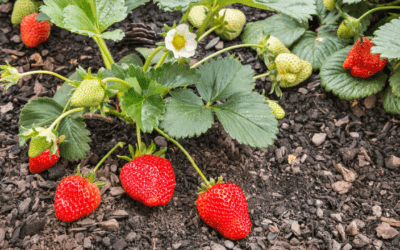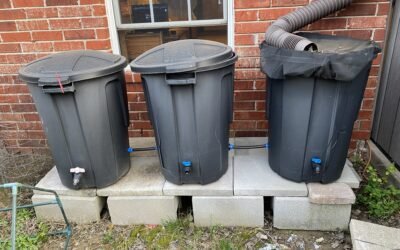What Is Compost?
Gardeners and farmers add compost to soil to improve its physical properties. They may even use compost instead of soil to grow plants. Mature compost is a stable material with a content called humus that is dark brown or black and has a soil-like, earthy smell.
Compost is created by:
- Combining organic wastes, such as wasted food, yard trimmings, and manures, in the right ratios into piles, rows, or vessels.
- Adding bulking agents such as wood chips, as necessary to accelerate the breakdown of organic materials; and
- Allowing the finished material to fully stabilize and mature through a curing process.
Mature compost is created using high temperatures to destroy pathogens and weed seeds that natural decomposition does not destroy.
Benefits of Composting
There are a number of benefits to compost that not everyone is aware of. Some examples are listed below:
- Organic waste in landfills generates, methane, a potent greenhouse gas. By composting wasted food and other organics, methane emissions are significantly reduced.
- Compost reduces and in some cases eliminates the need for chemical fertilizers.
- Compost promotes higher yields of agricultural crops.
- Compost can help aid reforestation, wetlands restoration, and habitat revitalization efforts by improving contaminated, compacted, and marginal soils.
- Compost can be used to remediate soils contaminated by hazardous waste in a cost effective manner.
- Compost can provide cost savings over conventional soil, water and air pollution remediation technologies, where applicable.
- Compost enhances water retention in soils.
- Compost provides carbon sequestration.
Read more about how composting can help with soil erosion.
Read more about the problem with landfills.
Find out how you can get involved and make a difference.




0 Comments